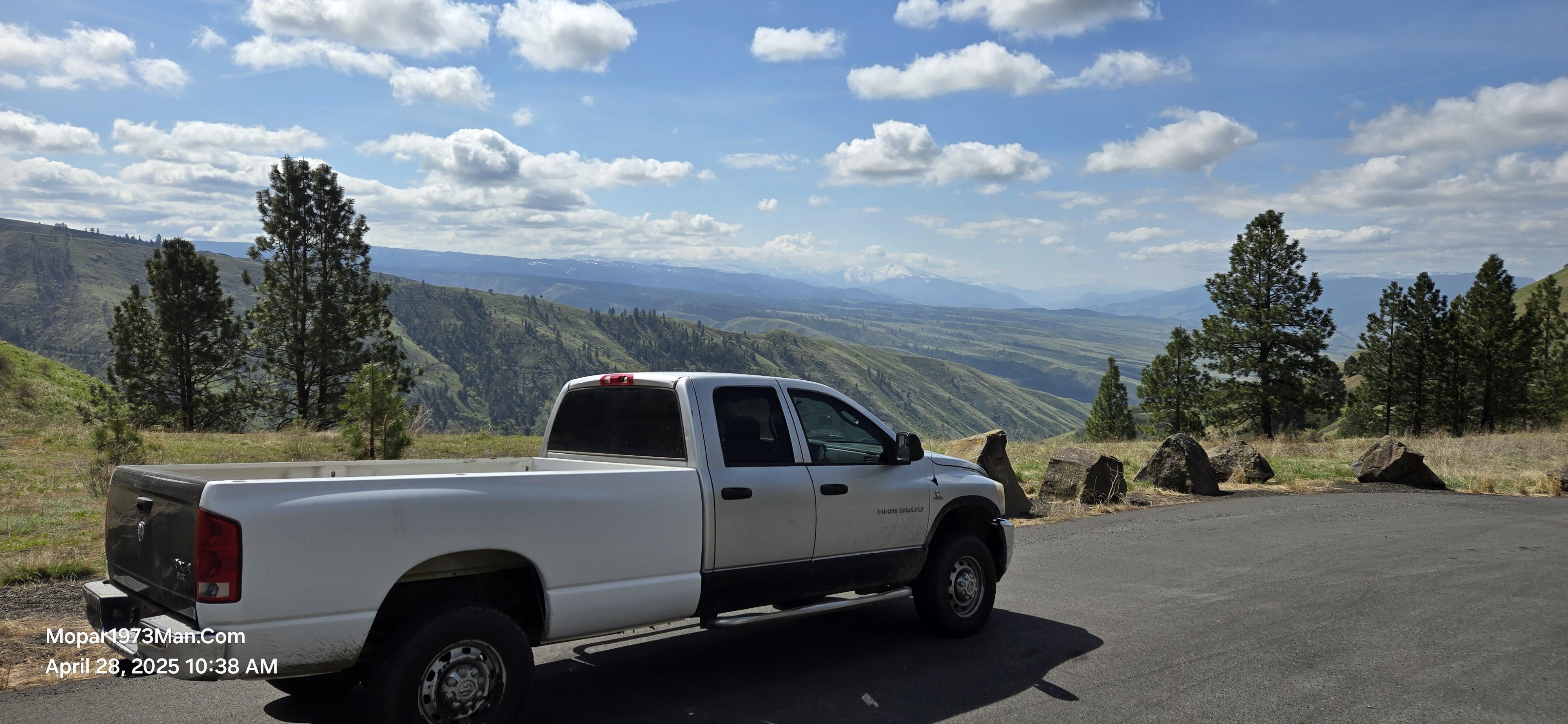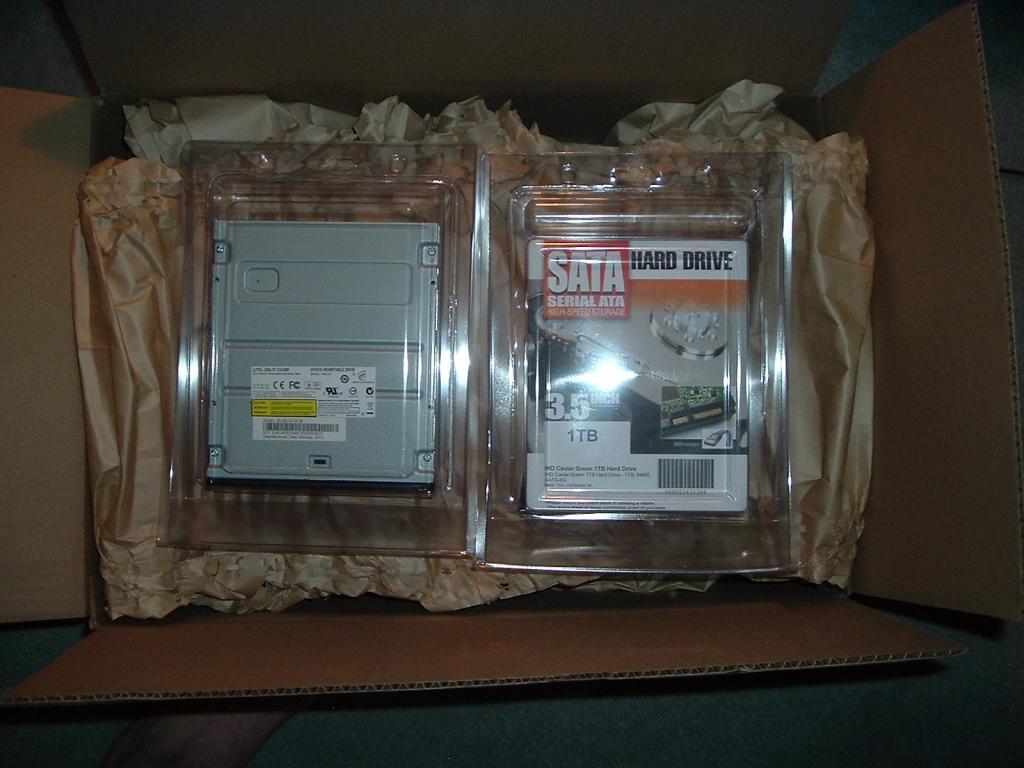
Everything posted by Mopar1973Man
-
Not Starting as Before...
Ok...No block heater. Then keep the IAT fooler OFF. Turn the key to ON and see if the Wait To Start pops on and watch the battery voltage it should fall. If the voltage doesn't fall and the Wait To Start is quick to shut off it might be a IAT sensor issue. Double check the 2 black wires on the driver side positive cable to be sure they have power down to the relays (solenoids). There is 2 fusible links before the relays so if there is no power there then the fusible links or the ring terminal is bad.This all can checked with a test light. Might check for error codes if any...If you had a ScanGauge II or a live data tool it would be really simple to diagnose... Just look to see what the IAT sensor is reporting at startup. It should match the ECT sensor.
-
IAT temps
Humidity is going to have effect of cooling too... Too high of humidty and the cooling effect is reduced.But that's about normal...
-
DEAD Batteries
Fire is right...:smart:Not to mention the initial draw of the 2 computers (PCM and ECM) they will wipe out a fuse right off...Make sure to hook up the circuit for a short time then pull the fuse or cable and test after. But if you test on inital hook it will wipe out the DVM fuse...
-
CHAT ROOM Scheduling
That was the orignal design... But the thing was on one wanted to hang around a empty chatroom so it soon feel apart. I'm waiting to see when a schedule is going to get produced once it does I can manufacture a banner ad again to avertise the chatroom and when its happening. But right now its rather random and spotty...
-
Smarty
Personally I wish Smarty would do a programmer like EFI live where you can sit down with a laptop and programmer all the values into the ECM... :drool:Now I'm dreamin'
-
New purchase, TONS of questions/problems to fix.
... but do it in small amounts of adjustment at a time... Like 1/8 turns or 1/4 turns... If you get it too tight you might damage the box, gears or .
-
Any Mac Owners?
As soon as I get my PC back up and running I'm jumping from vBulletin 4.1.8 to 4.1.10 which has a update for the slow codes and a few editor issues.
-
just purchased airdog2 i cut factory fitting
Or you could of rebuilt the bracket... Make a old school short box bracket and mount next to the transfer case... (if your 4WD and got room).
-
Hard start, hot or cold.
Yes there is a way to test it. http://articles.mopar1973man.com/2nd-generation-24v-dodge-cummins/25-fuel-system/88-bosch-vp44-injection-pump-overflow-valve
-
Going for a full build!
So the heater issue is fixed?
-
Any Mac Owners?
Well I know he can surf the site site he just can't post. The new editor box will not put a cursor up when he clicks on it. So he told me he's been sneaking around and reading just can't post...
-
Any Mac Owners?
Hey Gang...Could any of you guys that own Mac Computer give Dorkweed a hand in getting back on the site. He seem to have a older Mac computer with 1.0 GHz processor. Apparently he's only at FireFox 2.0.x and the site is not allowing him to post. I figured its most likely the Java / Adobe Flash is out of date. :shrug:Help a family member return to the site if you have knowledge of older Mac Computers...
-
DEAD Batteries
Something is wrong for the batteries to be dead in just 2 days... :rolleyes:Time to roll on down to Sears and have them load tested like you said...
-
Trany Life Expectancy
Ol' CajFlynn has gotten 300K miles out of a mild moded auto tranny...
-
New or rebuild injection pumps and or injectors
Here is the list of rebuilder I know that have all the tooling... http://articles.mopar1973man.com/2nd-generation-24v-dodge-cummins/25-fuel-system/247-bosch-certified-vp44-injection-pump-rebuilders Now don't let this sway you from using a vendor but make sure to ask the vendor who he's getting the pump from and about warranty. http-~~-//www.youtube.com/watch?v=V0Q8qQ2UKRI So as you can see all pump must be tested for a long series of test and pass every test before the PSG is even gets flashed with new software. So the idea of just rebuilding a pump and it missing the test bench is not going to happen nor is a weak or failing PSG computer going to make it past the test bench. Killing myths one at time...
-
New purchase, TONS of questions/problems to fix.
Wow! You got some work ahead of you...As for #1 check all the driver line but also deal with the bearings if there is play it time to change... Unless you got old school cone bearing you can repack. Which I think you got...#2 That will change with season, oil, temperature, etc... Mine is even know to blow a cloud out quite a distance on cold days. If you worried about it do a compression test to see if there is any problems. Don't both with a blow by test... Oh think of that double check vacuum hose it might produce this effect if the vacuum pump is left open.#3 I think you should have a 47RH trans... 727 is a 3 speed which I don't think came out in your year...#4 As fore the gauge this most likely why the trans might not work either. I know the PCM is behind the driver side battery and to controls the dash and every thing. You might check over the wiring make sure the connection are good and not corroded...#5 Ok there is another compurt behind the glove box for the ABS and other stuff if its unplugged the delay wipers might not work. Also it might be the multifunction switch is just wore out...
-
Confused/NO Clue What Happened
Or the hose got soft and mushy and now folding over in the wind...
-
03 Cracked Head
Ummm... I'm always pre-load the system with the heater hose off till the coolant comes out... Then hook up the hose...
-
04 2500 fuel pump relay
Whats the code?Possible bad ground at the lift pump which is hidden behind the starter. This requires to remove the starter to service this ground. (At least on the 02 dodge).Possibly a bad lift pump with a heavy load that is pulling the voltage odwn on that circuit because of mechanical problems internally.
-
Confused/NO Clue What Happened
Crankcase vent plugged up? :shrug:Did the hose freeze shut on you causing the crankcase pressure to build up.
-
New or rebuild injection pumps and or injectors
Talk to the vendors here I'm sure someone can get you a good deal...
-
DVD-RW just died...
I'll have to take a peek down in my junk pile I might just have some... I've got to get another SATA cord too. So while I'm down there I'll check and see what I've got...
-
IAT temps
The reason idling doesn't count is that there is a coolant passage within inches of the IAT sensor and when its idling the air flow is low so the coolant will heat the air up. But while your rolling and driving the air flow is higher and the cooler air will not heat as fast so the reading will be much lower.
-
DVD-RW just died...
Brown man showed up today with a box... I'm going off the air for a bit to install this tonight... Both... There is 3 phyiscal drives... But primary drive is partitioned out... Soon to change...
-
read many threads about the CAI on many website
All those 1 MPG gains add up quick...




